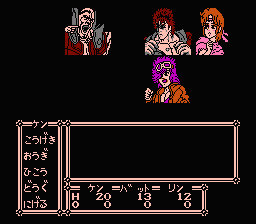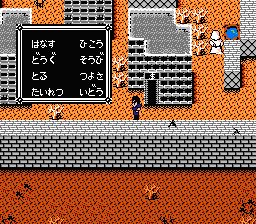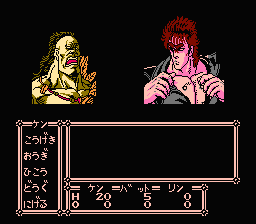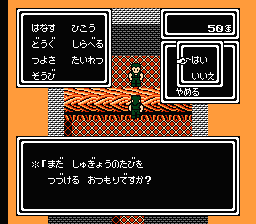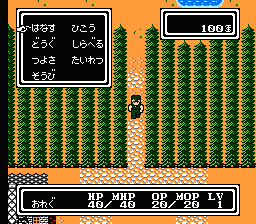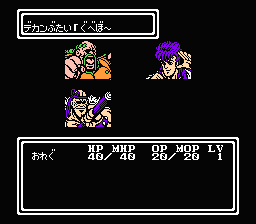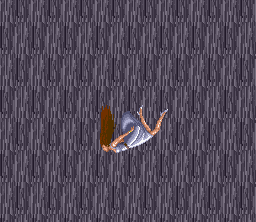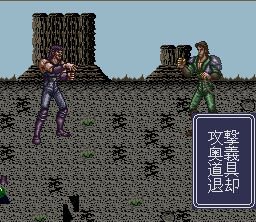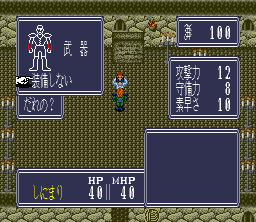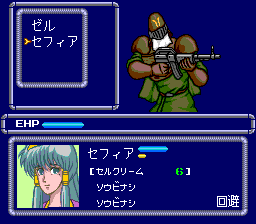You didn't think that as a kid. Back then God COULD do ANYTHING. Now, "Adult God" is so ladden with attributes, laws, metaphysics, etc. that He may as well be a Divine D&D Rulebook.
God never changed. He's still God and omnipotence + freewill means He can get us to know Him how He wills It. That's where kid logic trumps formalized adult logic: they make better wishes.
Sorry I didn't respond to your post sooner, I intended to but then completely forgot. And given the actual definition of the word apocalyptic in the title of the thread, I don't consider these posts off-topic.
You mentioned free will, which is a notion that I am actually at odds with. All of material reality appears to me to be unfolding according to a script, or a program, a plan perhaps suggestive of order, and whether or not this plan is divine I cannot say nor even speculate about. By plan I suppose I mean the causing to come-into-being of an unknown cthonic force; an exteriorization of soul in other words, but this is a metaphysics of purpose and one in which abiogenesis plays the central supportive role, a tangential subject I'd have to detail in different circumstances.
A major part of my personal teleology is informed by considering reactionary phenomena as superimposed against the image of the unmoved-mover. There seems to me to be something antinomial in the simultaneous belief of an omnipotent God and of the freedom of the individual will; it is one of the views that Augustine held that I just cannot get onboard with. My idea of nature, of material reality, is a determinist one perhaps best suggested by Plato's universal causation principle.
To my mind there has only ever been one instance of will made manifest (similarly there is only one "moment" of undifferentiated, persistent time), that being the moment of creation. Everything that exists within material reality does so in such a manner that is subordinate to a predetermined and compulsory cycle of exfoliating from and extinguishing back into this singular expression of will. Taking a Hermetic perspective, the higher is reflected in the lower and vice versa, this hypostasis (in the Neoplatonic sense) is a corrupted reflection of the ontological raison d'etre and the modus operandi of the creator's will made manifest. Consequently all being is reactionary, the compulsory nature of which negates the notion of individual will.
This of course presupposes something of a gnostic idea about the creator, but as I mentioned earlier and with the mythologizing aside, the basic concept of a demiurge breathing our spirit into our bodies, or casting our souls into matter, is one with which I find myself in general agreement. The universe appears to me to be a kind of fallen world, brought into being by a fallen god that we worship in ignorance as the most high because we simply cannot conceive of anything greater. To use Valentinian language, the human heart is made in the image of this animate God. This animate God is omnipotent within its creation, but being animate implies change and it is my belief that the true eternal God is unchanging.
To change is to be subject to the aforementioned predetermined compulsion, in which the many elements of nature are forged in the crucible of being in order to bring into existence those material vessels into which spirit is contained, only to then succumb to corruption and release the spirit as the elements go back into an unformed or deformed state to then be reshaped again, to be repurposed. The true God, the true hypostasis is unchanging and is utterly inconceivable to us because we exist as an ephemeral amalgam of spirit attached to material components that are inherently corrupted, a constellation primarily of grotesquery with practically imperceptible fragments of the sublime and the beautiful. I know that the animate God, or YHWH said that the world and the things in it are good, but the fact that they change complicates the attribution.












